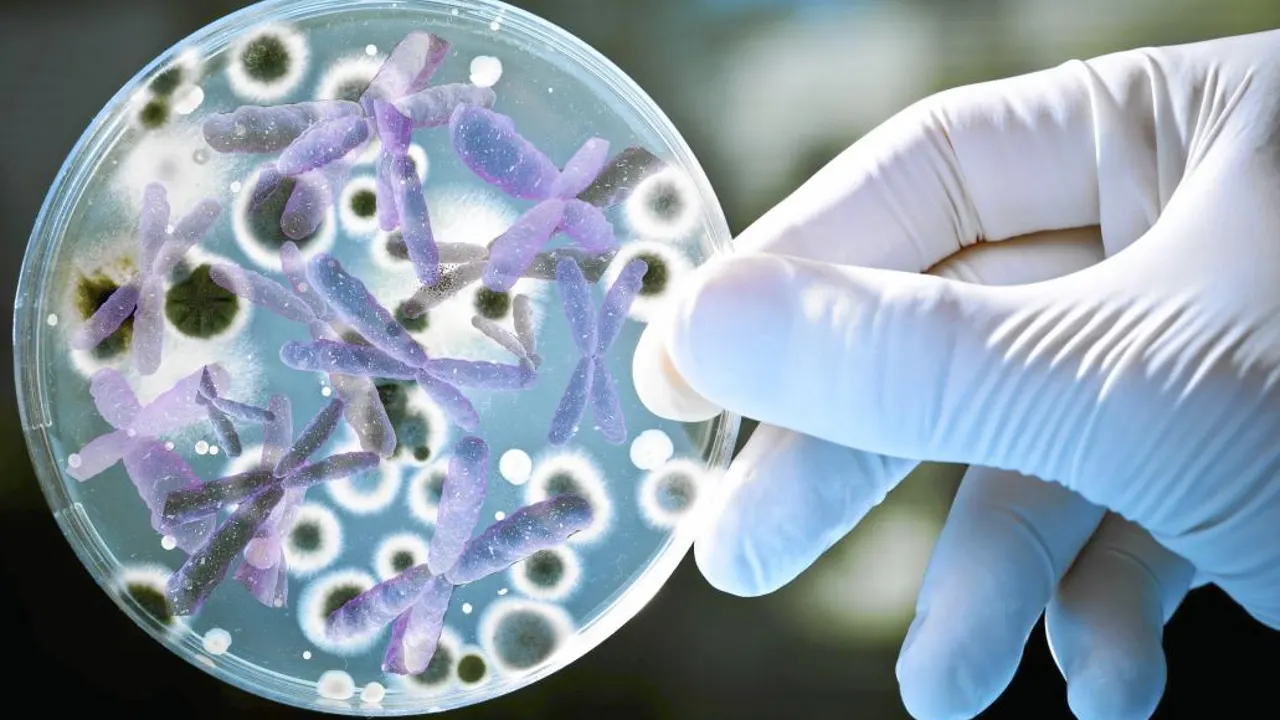Microbial Resource Research Infrastructure (MIRRI) – Italy
Changes in bacterial, archaeal and fungal communities from saline soils cultivated with tomatoes in Italy
Visit →
Soil salinization is a significant issue in modern agriculture due to the scarcity of freshwater for irrigation, irregular precipitation, and rising temperatures. In southern Italy’s Apulia region, a key producer of processing tomatoes, salinization is increasingly affecting coastal lands. This study aimed to explore the impact of soil salinity on the microbial biodiversity of tomato crops. The hypothesis is that salinity influences the selection of microbiota, which could potentially be harnessed as a new source of plant-beneficial microbes. Microbial strains naturally adapted to high salinity and selected for their beneficial properties could be ideal for microbe-assisted cropping systems to enhance tomato resilience to climate change.

European Researchers’ night
European Researchers’ Night is a science outreach project promoted by the European Commission as part of the Marie Skłodowska-Curie actions under the Horizon Europe program. It has taken place simultaneously in nearly 400 European cities since 2005. In Spain, seven projects have been funded by the Commission for the years 2024 and 2025, along with two additional associated projects.



Festival dell’Agrobiodiversità
The Agrobiodiversity Festival was established in 2023 through the initiative of the Scientific Coordinators of the four Integrated Projects on the biodiversity of tree crops (fruit trees, olive trees, and grapevines) funded by the Puglia Region. The main goal of the Festival is to enhance local germplasm and promote awareness in schools, among young people, citizens, and industry professionals about the importance of understanding and safeguarding agricultural biodiversity.
IUMS 2024
CHANGES IN BACTERIAL, ARCHAEAL, AND FUNGAL COMMUNITIES FROM SALINE SOILS CULTIVATED WITH TOMATOES IN ITALY (ID 1591)
Background and Aims
Soil salinization is a major concern in modern agriculture. In southern Italy, the climate change scenario is and senain ofigation tes water. Apula sanks amang o ever allam pegious producing precisiting tomatoes, but certain areas are being subjected to salinization, especially near the coast.



Saline and non-saline soils differed for several chemical properties, especially exchangeable sodium, which increased over time, suggesting that soil salinization depended on irrigation water quality rather than pedoclimatic conditions. The amount of DNA extracted from soil samples, as well as the number of sequencing reads, were unexpectedly low at post-transplanting compared to the other two time points, indicating that the establishment of microbiomes in the rhizosphere takes place as the crop develops. In the three considered kingdoms, i.e., Bacteria, Archaea, and Fungi, differential operational taxonomic units (OTUs) were identified in saline and non-saline soils, including both dominant and rare

